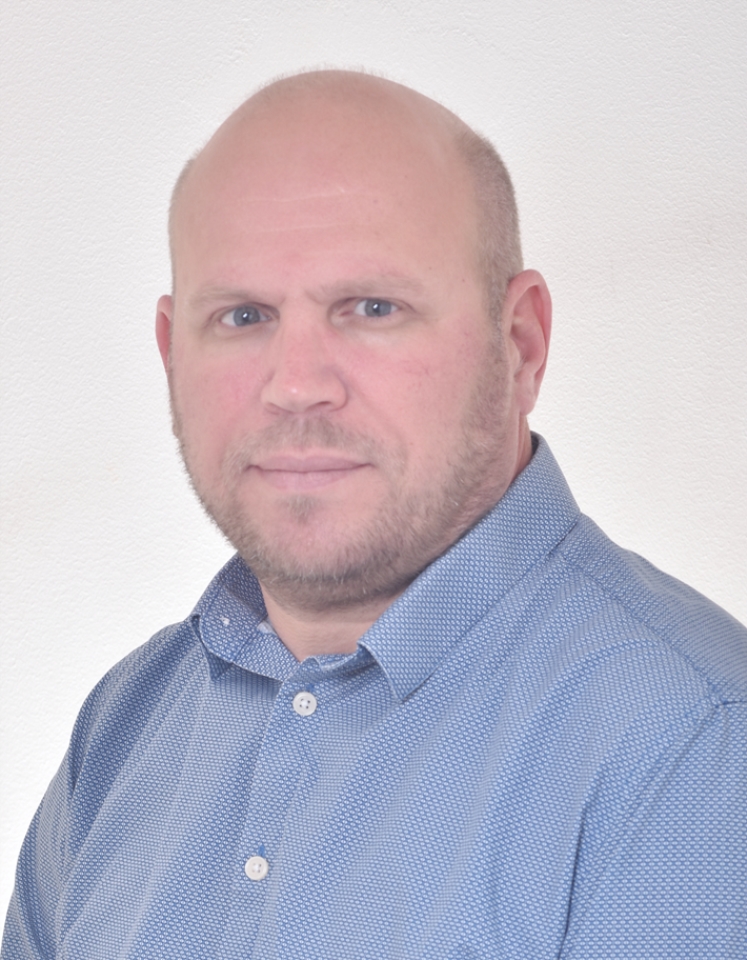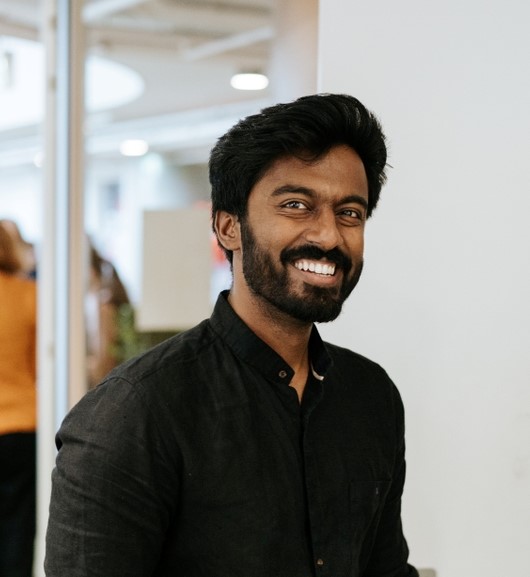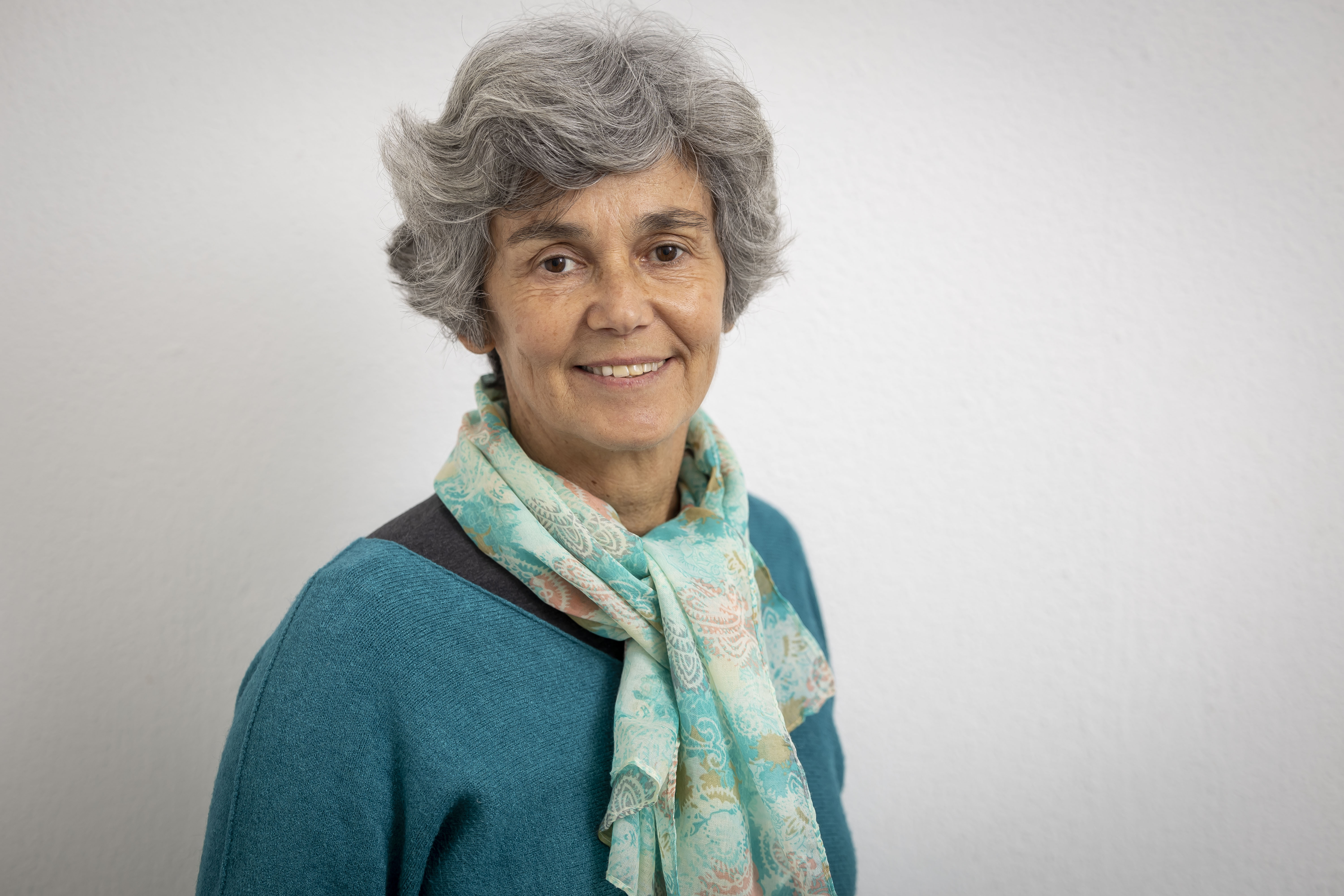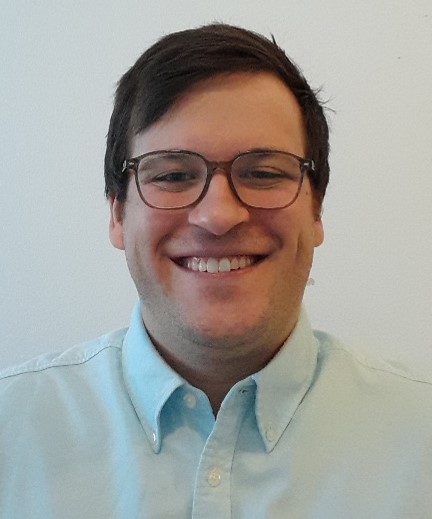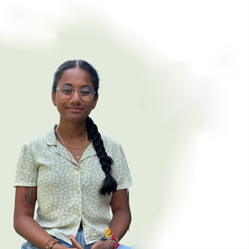You are here :
- EUTOPIA website
- Home
- STUDENTS
- Connected Communities
- ICC
Innovations for Sustainable Construction
Innovations for Sustainable Construction brings together a dynamic, interdisciplinary community committed to transforming the future of construction through cutting-edge research and education. Drawing on expertise in advanced materials, low-carbon technologies, AI-driven design, and Building Information Modelling (BIM), the community addresses the pressing environmental challenges of the built environment. Our aim is to foster sustainable, circular, and inclusive construction practices that support climate goals and societal wellbeing. Through collaborative educational programmes, hands-on challenge-based learning, and international research projects, we equip students and partners alike with the tools to lead in a rapidly evolving sector. Whether you're a researcher, student, policymaker, or industry partner, this community is a hub for impactful ideas and real-world solutions.
Connected Community Activities
- Upcoming Activities
-
Coming soon - Past activities
How to get involved?
(Students and educators)
Please contact Abdelhak Kaci, Connected Community lead (abdelhak.kaci@cyu.fr) and Tomy Quenet, Local facilitator (tomy.quenet@cyu.fr)
Connected Community Members
- Lead: Abdelhak Kaci (CY). Email: Abdelhak.kaci@cyu.fr
-
Abdelhak KACI: associate professor in the department of civil engineering and at the laboratory of mechanics and materials in civil engineering (L2MGC) at CY Cergy Paris University since 2009.
He teaches a range of courses in the field of civil engineering and has held several academic and leadership responsibilities. He is currently the head of the Master's program in smart buildings and energy efficiency, as well, as the bi-cursus program in civil engineering (CY Tech) and architecture in partnership with the Versailles School of architecture (ENSA Versailles).
His research activities address the challenges of environmental and digital transitions in sustainable construction and technological innovation. His work includes developing eco-materials such as bio-based or geo-sourced materials, alternative aggregates, and low carbon binders as well as exploring advanced implementation techniques like 3D printing. He also investigates innovations in quality control using computer vision and predictive modeling through artificial intelligence. He is an active member of RILEM and has served as an expert for national and international organizations and scientific journals. - Partner: Viktor Mechtcherine (TUD). Email: viktor.mechtcherine@tu-dresden.de
-
Coming soon
- Partner: Marko Butler (TUD). Email: marko.butler@tu-dresden.de
-
Coming soon
- Partner: Shravan Muthukrishnan (TUD). Email: shravan.muthukrishnan@tu-dresden.de
-
Dr. Shravan Muthukrishnan leads 3D Concrete Printing research group at TU Dresden, Germany. He holds a Master’s degree in Chemical Engineering from the National University of Singapore (NUS) and completed his PhD in 3D Concrete Printing (3DCP) from Melbourne, Australia, where he was awarded the prestigious Ian Wallace Research Medal for the best outgoing doctoral student across all faculties. Over the past decade, his research has focused on advancing 3D Concrete Printing technology through a range of academic and industry collaborations. His contributions are evident in numerous publications on topics such as sustainable concrete and active rheology control. Dr. Muthukrishnan is also an active member of the RILEM Technical Committee TC 304-ADC, where he led the analysis of data from interlaboratory studies on the mechanical properties of hardened concrete, with participation from over 30 research institutes globally. The findings of this study provided a foundation for the development of RILEM recommendations and fostered collaboration with standardization bodies such as ASTM, ACI, ISO, and others.
Google scholar: https://scholar.google.com/citations?user=HtpDe6oAAAAJ&hl=en
LinkedIn: https://www.linkedin.com/in/shravanmuthukrishnan/ - Partner: Paulina Faria (UNL). Email: paulina.faria@fct.unl.pt
-
Current position: Associate Professor with Tenure, Department of Civil Engineering, NOVA School of Science and Technology, NOVA University Lisbon (NOVA)
Civil Engineer, MSc in Construction, Post-graduation in Earth Construction Preservation, PhD in Civil Engineering – Buildings Rehabilitation. As an Associate Professor at NOVA School of Science and Technology, NOVA University Lisbon, she was vice-Dean, member of the Faculty Scientific Council and coordinator of a MSc in Building Rehabilitation. Member of CERIS (Civil Engineering Research and Innovation for Sustainability) research unit, senior member of ICOMOS where she is board member of ISCEAH for earthen construction conservation and board member for ICOMOS Portugal, member of RILEM´s Development Advisory Committee, collaborating on Technical Committees for the characterization of eco-efficient building materials, and member of PROTERRA Ibero-American network. She was Editor in Chief of Elsevier´s Journal of Building Engineering and is board member and reviewer of several other scientific journals. Her main research areas are related to building materials and technologies with low embodied energy (including clayish earth, lime, gypsum, pozzolans, biomass), and contribution for occupants’ health and comfort. She has more than three hundred publications, supervised more than two hundred students (post-doc, PhD and MSc thesis), coordinated and collaborated on several projects. She has an h-index of 33 (Scopus). https://novaresearch.unl.pt/en/persons/p-faria - Partner: Guilherme B. A. Coelho (UNL). Email: g.coelho@fct.unl.pt
-
Current position: Assistant Professor, Department of Civil Engineering, NOVA School of Science and Technology (NOVA FCT)
Guilherme Coelho (GC) is currently Assistant Professor at the Department of Civil Engineering, NOVA, where he has both teaching and research duties. He is passionate about the world of building physics and its application to solve real time problems, so to improve the functionality of buildings by optimizing them, both for current, as well as for future conditions. This is done through producing sustainable climate adaption measures, while ensuring an adequate indoor environmental quality (IEQ) for human use in buildings and preventing building assemblies from deteriorating.
GC completed his PhD in February 2021 at NOVA university in Portugal, where he studied the hygrothermal behaviour of massive and protected historical buildings in Portugal through a complex monitoring campaign and simulation studies. Since then, and until August 2022, GC taught Civil Engineering courses, at both BSc and MSc level, at the Faculty of Engineering of Lusofona University, Portugal. From September 2022 until December 2024, he worked at OsloMet as main researcher for StaticusCare that aimed in developing a more environmentally friendly automated façade system that is integrated into the building’s control systems based on digital twins and IoT sensors to support the current drive to decarbonize the built environment sector. - Partner: Saranya Kethees (CY student). Email: ketheessar@cy-tech.fr
-
Saranya Kethees graduated from the Lycée International de l’Est Parisien, where she completed a bilingual program in the American section. She is currently pursuing a double degree in Civil Engineering and Architecture at CY Tech and ENSA Versailles (first year of Master’s degree). As a student representative for CY Cergy Paris Université within the EUTOPIA European University alliance, she not only represents her fellow students but also contributes to several international initiatives, including connecting student associations from different universities to collaborate on joint projects, participating in the creation of bi-national degree programs and other.
- Partner: Said Rahal (CY). Email: said.rahal@cyu.fr
-
Said Rahal is an Associate Professor at CY Cergy Paris University. His teaching focuses on mechanics, mathematics, hydraulics, and CAD. He is responsible for internships within the Civil Engineering Department at the Cergy Pontoise University Institute of Technology (IUT). He is also in charge of sports-related initiatives at the IUT and is an elected member of the governing council of CY University.
In terms of research, Said Rahal is a computational scientist specializing in modeling the poromechanical behavior of geomaterials, particularly the interactions between cracking and permeability, using FEM. He is also engaged in experimental work focused on the development, characterization, and 3D printing of environmentally sustainable materials for construction.



